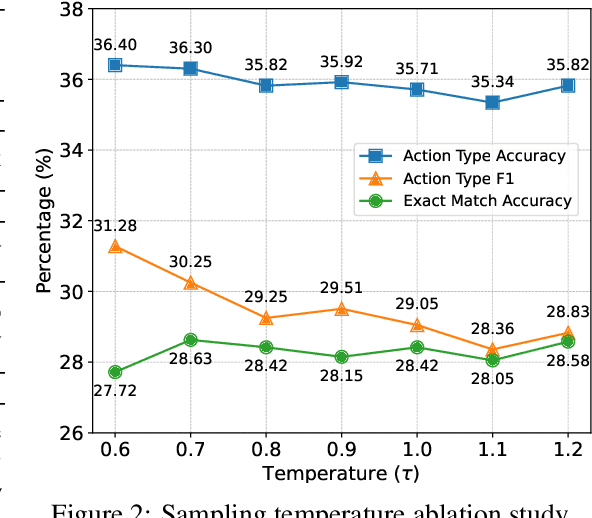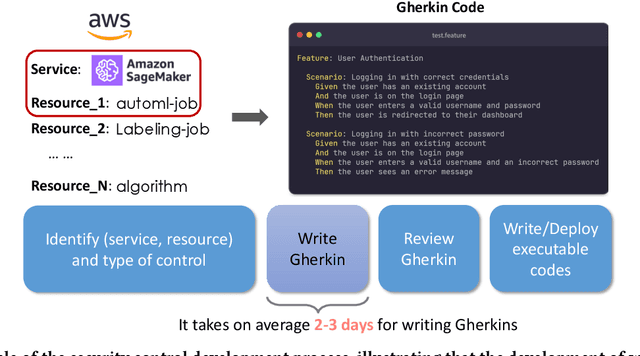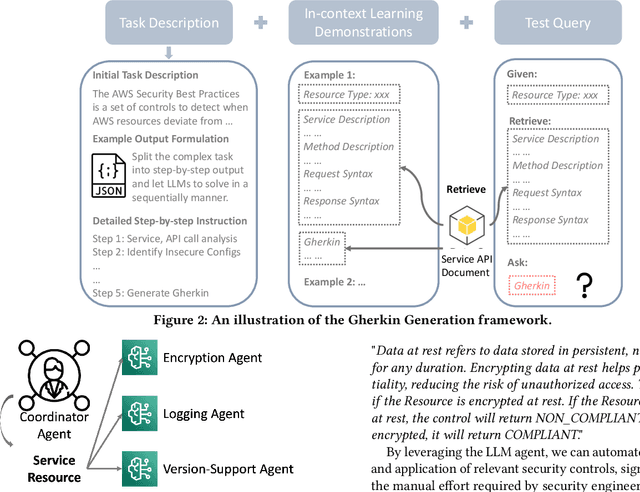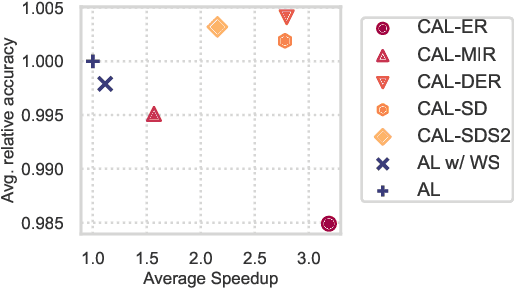Vianne Gao
Shop-R1: Rewarding LLMs to Simulate Human Behavior in Online Shopping via Reinforcement Learning
Jul 23, 2025



Abstract:Large Language Models (LLMs) have recently demonstrated strong potential in generating 'believable human-like' behavior in web environments. Prior work has explored augmenting training data with LLM-synthesized rationales and applying supervised fine-tuning (SFT) to enhance reasoning ability, which in turn can improve downstream action prediction. However, the performance of such approaches remains inherently bounded by the reasoning capabilities of the model used to generate the rationales. In this paper, we introduce Shop-R1, a novel reinforcement learning (RL) framework aimed at enhancing the reasoning ability of LLMs for simulation of real human behavior in online shopping environments Specifically, Shop-R1 decomposes the human behavior simulation task into two stages: rationale generation and action prediction, each guided by distinct reward signals. For rationale generation, we leverage internal model signals (e.g., logit distributions) to guide the reasoning process in a self-supervised manner. For action prediction, we propose a hierarchical reward structure with difficulty-aware scaling to prevent reward hacking and enable fine-grained reward assignment. This design evaluates both high-level action types and the correctness of fine-grained sub-action details (attributes and values), rewarding outputs proportionally to their difficulty. Experimental results show that our method achieves a relative improvement of over 65% compared to the baseline.
Enhancing Security Control Production With Generative AI
Nov 06, 2024



Abstract:Security controls are mechanisms or policies designed for cloud based services to reduce risk, protect information, and ensure compliance with security regulations. The development of security controls is traditionally a labor-intensive and time-consuming process. This paper explores the use of Generative AI to accelerate the generation of security controls. We specifically focus on generating Gherkin codes which are the domain-specific language used to define the behavior of security controls in a structured and understandable format. By leveraging large language models and in-context learning, we propose a structured framework that reduces the time required for developing security controls from 2-3 days to less than one minute. Our approach integrates detailed task descriptions, step-by-step instructions, and retrieval-augmented generation to enhance the accuracy and efficiency of the generated Gherkin code. Initial evaluations on AWS cloud services demonstrate promising results, indicating that GenAI can effectively streamline the security control development process, thus providing a robust and dynamic safeguard for cloud-based infrastructures.
Accelerating Batch Active Learning Using Continual Learning Techniques
May 10, 2023



Abstract:A major problem with Active Learning (AL) is high training costs since models are typically retrained from scratch after every query round. We start by demonstrating that standard AL on neural networks with warm starting fails, both to accelerate training and to avoid catastrophic forgetting when using fine-tuning over AL query rounds. We then develop a new class of techniques, circumventing this problem, by biasing further training towards previously labeled sets. We accomplish this by employing existing, and developing novel, replay-based Continual Learning (CL) algorithms that are effective at quickly learning the new without forgetting the old, especially when data comes from an evolving distribution. We call this paradigm Continual Active Learning (CAL). We show CAL achieves significant speedups using a plethora of replay schemes that use model distillation and that select diverse, uncertain points from the history. We conduct experiments across many data domains, including natural language, vision, medical imaging, and computational biology, each with different neural architectures and dataset sizes. CAL consistently provides a 3x reduction in training time, while retaining performance.
 Add to Chrome
Add to Chrome Add to Firefox
Add to Firefox Add to Edge
Add to Edge